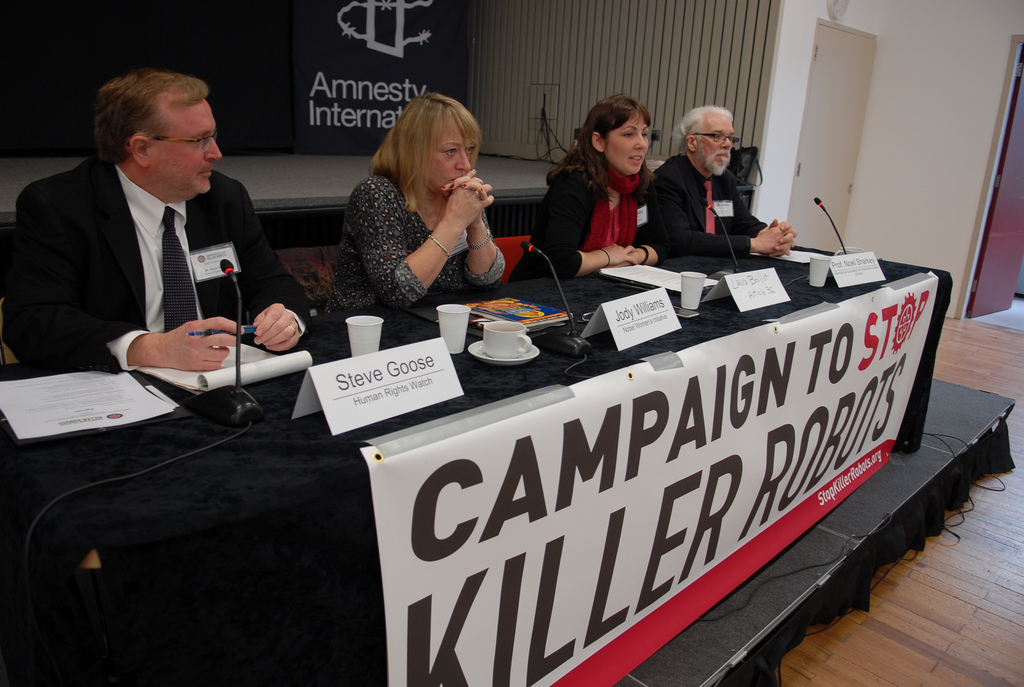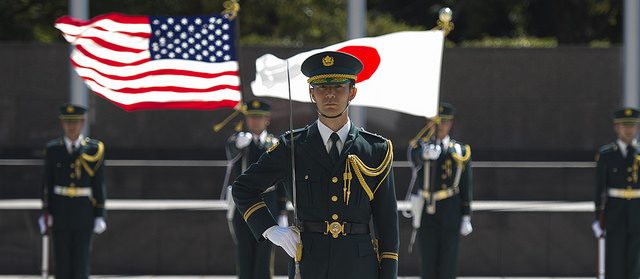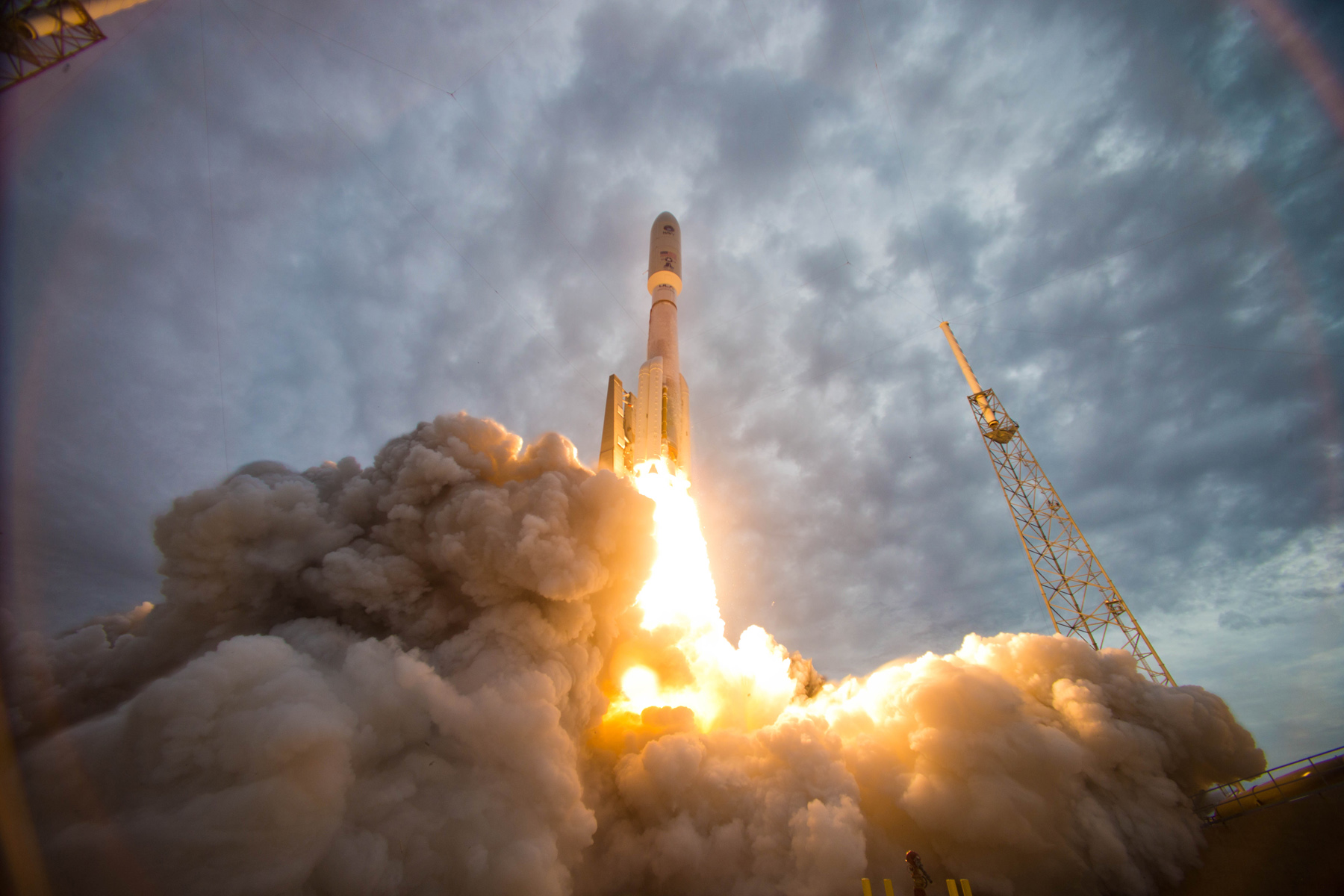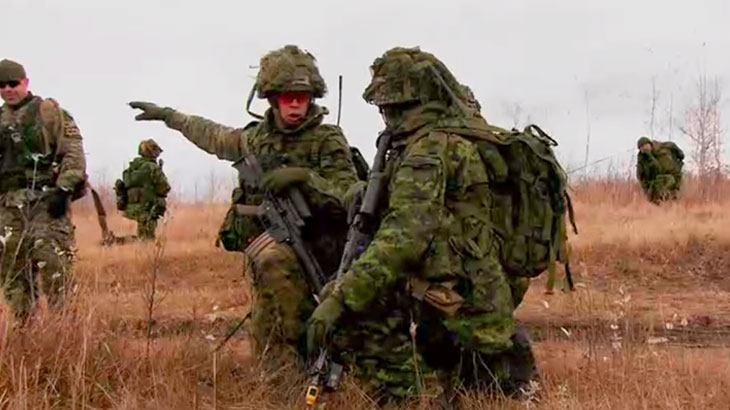Seema Kawar explores the importance of pushing to select a woman as the next Secretary General of the United Nations.
United Nations
Feminism in Eastern Europe and the Former Soviet Union
To understand the resistance to feminism in Eastern Europe, it is important to examine the evolution of the international women’s movement agenda against the backdrop of Cold War tensions.
‘Killer Robots’ and the Future of Security
Ian is discussing the positive impacts that Artificial Intelligence and Lethal Autonomous Weapon Systems could play in the future of security and combat.
70 Years On: Japan’s Role in WWII Continues to Haunt Ties with Beijing
John Pollock uncovers some of China’s old wounds that remain from Japan’s role from WWII.
Women Make a Difference in Peace Negotiations
Melanne Verveer, who served as U.S. Ambassador for Global Women’s Issues, remarked that clashes had occurred in 31 of the world’s 39 active conflicts after peace settlements. None of the 31 cases had women involved in the peace process.
Ethiopia Sets Sights on Space
Kelsey Berg uncovers the misconceptions of Ethiopia, and whether the state should devote all of its resources to food security over its technological or political affairs.
The Flaws in the UN Budgeting System
Vanessa Hayford examines how the UN’s funding crisis impacts global governance.
Canada and Trident Juncture
NATO is preparing to launch an historic training exercise, Trident Juncture 2015. Paul Pryce discusses Canada’s role and debunks some of the myths surrounding this training opportunity.
Japan’s Conflicted Fight for Peace
Kelsey Berg explores whether Japan’s longstanding state of pacifism is moving towards military involvement, or if it is a miscommunication.
Interview with Outgoing Deputy United Nations Coordinator for the Middle East Peace Process (Part 2)
Benjamin Dooley interview’s James W. Rawley, Outgoing Deputy United Nations Coordinator for the Middle East Peace Process.







